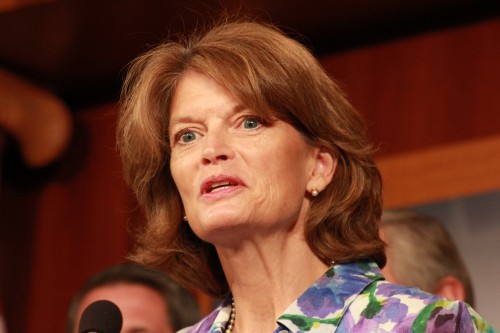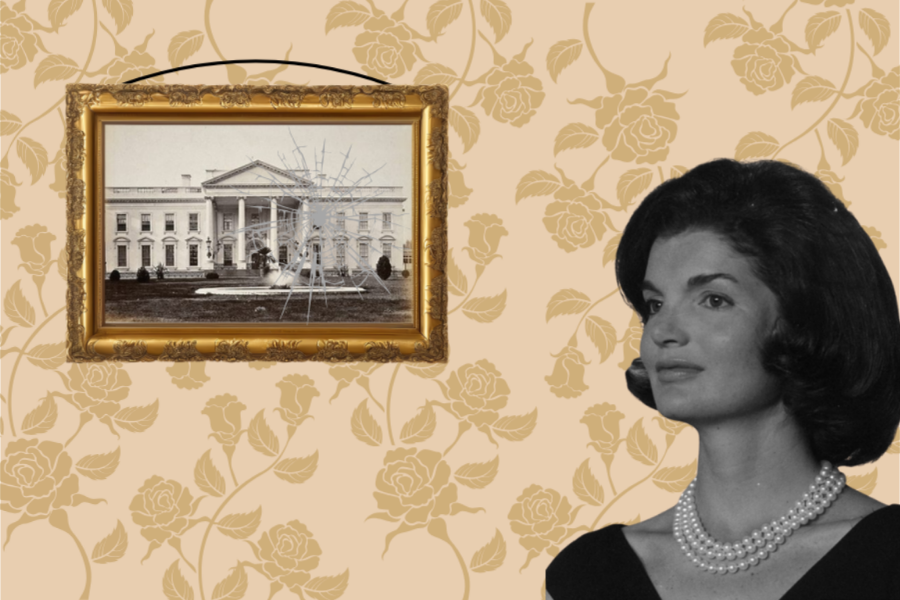By Katie Dugan
Last week, The New York Times published a piece that stated women in Congress have less power than ever before. But in the 114th Congress, women hold more seats than ever before, with 20 in the Senate and 84 in the House of Representatives.
However, fewer women hold Committee Chair positions than in the 113th Congress.
A majority of the Committee Chair positions are currently held by men, and are traditionally awarded based on seniority.
This in no way means that women have felt silenced under the “boys club” that Congress has previously been called. An effort by Republican women recently forced House leaders to abandon a bill that would have made it illegal to get an abortion after 20 weeks of pregnancy, according to the Times.
Women in Congress have proven themselves to be on an equal playing field with men numerous times. In Congress, formal positions of leadership matter. The core function of Congress is to write laws. That means chairmen and chairwomen have supremacy. They alone have the power to call hearings, a crucial phase in passing legislation. 
“The ranking minority member may have some wonderful ideas,” Ross Baker, a political scientist at Rutgers University, told the Times, “but unless the chair approves, it’s not going to happen.”
Not only are women in Congress being left out in the cold, but more importantly, female voters are too. When the public sees an underwhelming amount of females being represented, they’ll shy away.
“It doesn’t help us as a party,” Senator Lisa Murkowski told the Times, “when the public out there thinks there’s this Republican initiative that is not supportive of women, and then they look at the makeup of the Senate and we just don’t have very many.”
If Congress wants to shake its “non-progressive” stigma, it could be time to make adjustments to the qualifications for Committee Leaders. Jean Shaheen, for example, is a junior senator in Congress, and was previously the Governor of New Hampshire. She would be a perfect fit for the Committee Chair. Shaheen’s press office has not yet released a reaction to the matter.
The United States Congress held their first meeting in March of 1789. It wasn’t until 1917 when the first woman, Jeannette Rankin, was elected to Congress.
Women’s role in Congress is just in its infancy. When Congress was established, women did not have a say in big decisions, such as legislation and law making. Seniority seems like an unfair way to determine Committee Leaders since women have not even had as much of a chance at seniority in Congress, especially since women did not have the right to vote until 1920.
Women have no doubt come a long way in the fight for equality. If Congress wants to earn the approval of all voters, they have to start appealing to the minorities. If that means making adjustments to an out-dated tradition, so be it.







